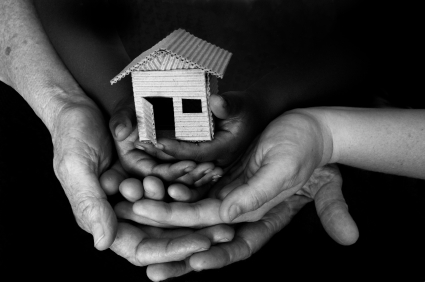
This is the time of year when envelopes arrive in the mail from charities asking for donations. Before I contribute to charities, I like to learn how much their top executives are earning.
According to the website, Charity Navigator, the median salary for the chief executive of a charity is $132,739. Executives in major cities are paid more. CEOs in the Northeast earn an average of $156,914. Keeping those figures in mind, I decided to check the pay scale at mental health groups that are well-known or often mentioned in news stories.
I was surprised at how much some mental health executives were paying themselves, especially when their charities were losing money. me.






